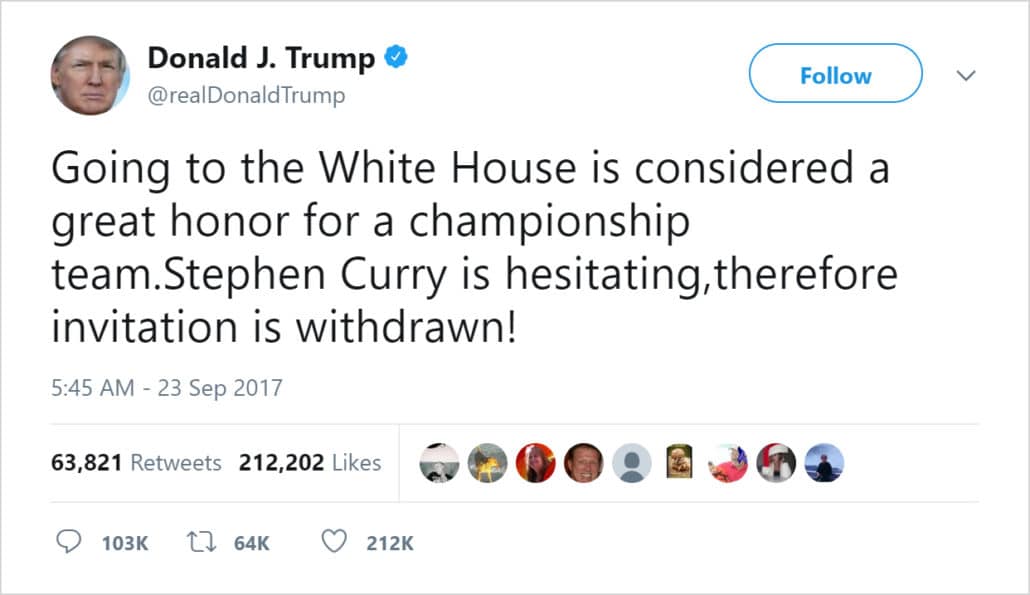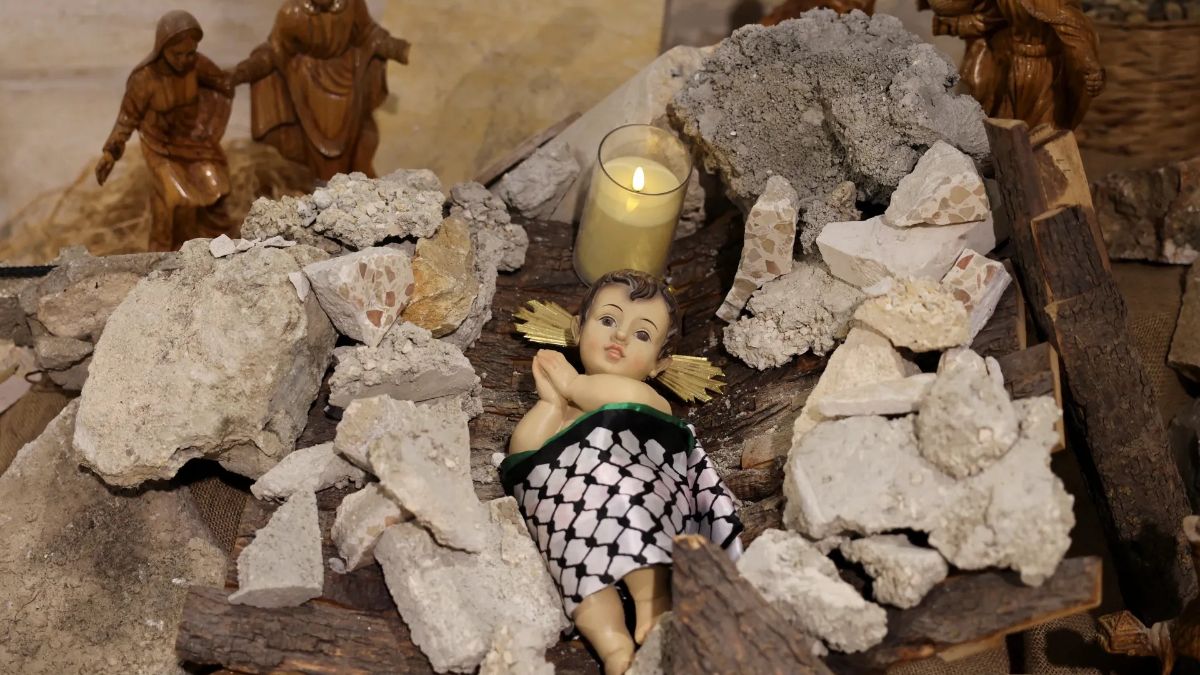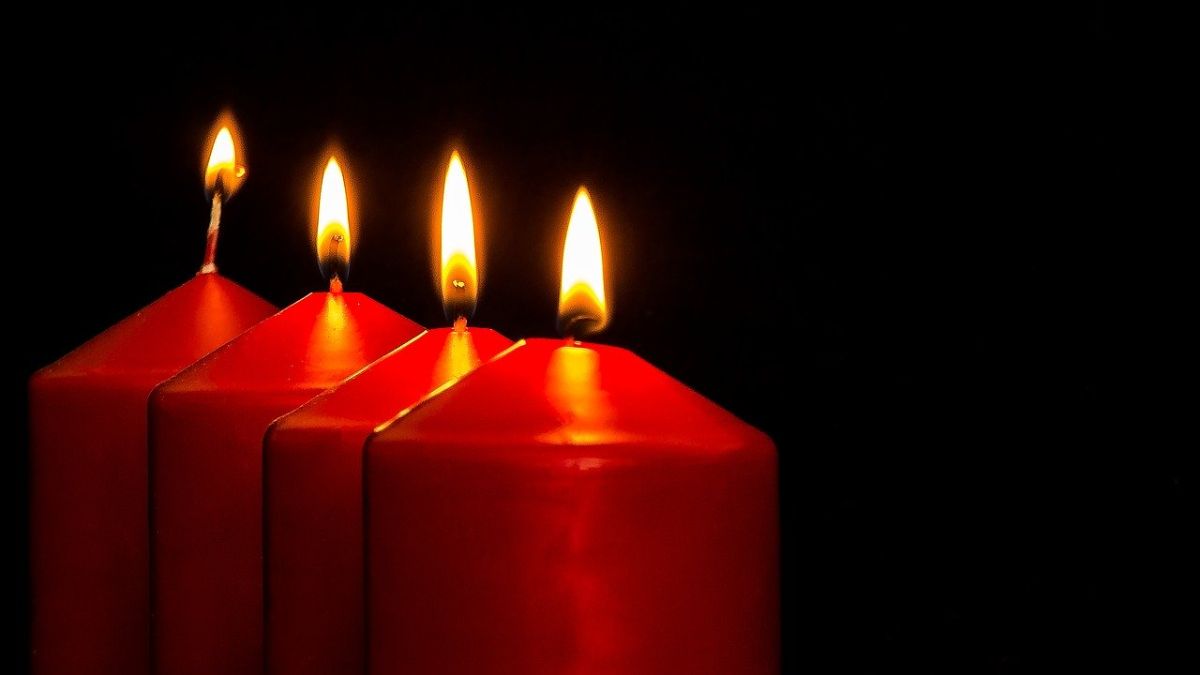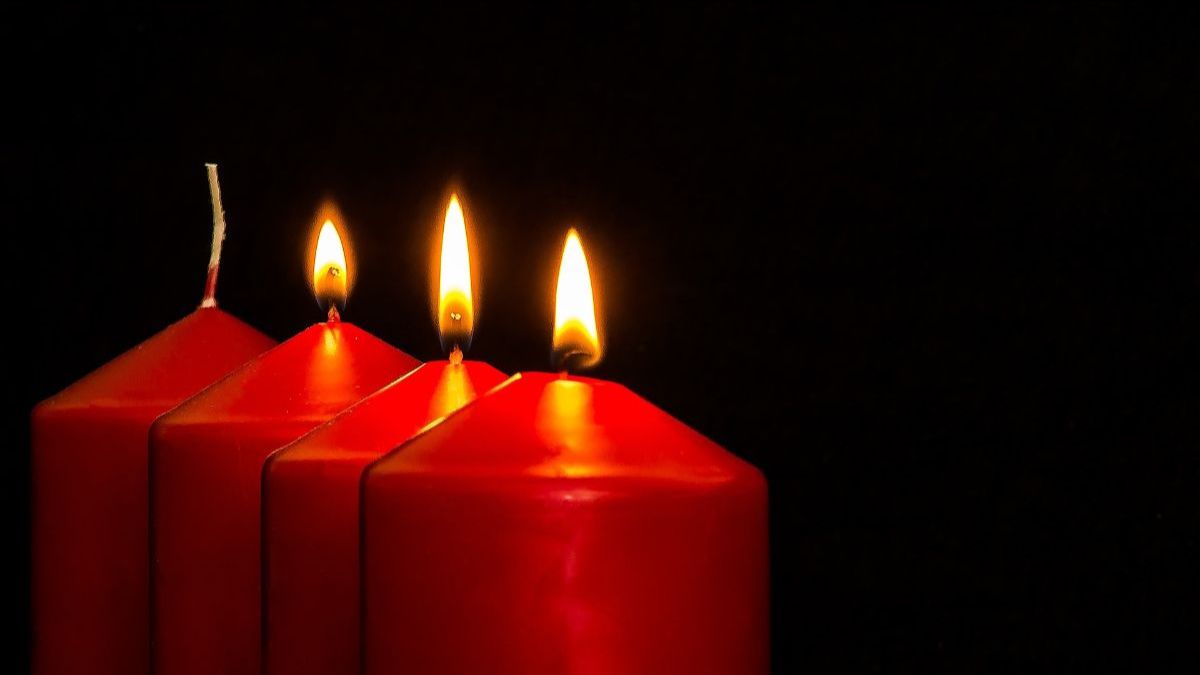You’re Invited
"The kingdom of heaven may be compared to a king who gave a wedding banquet for his son. He sent his slaves to call those who had been invited to the wedding banquet, but they would not come.”
Matthew 22:1-14
October 13, 2017, Words By: Lina Thompson, Image By: "Matthew 21" By Hermano Leon
Stephen Curry, basketball star of the Golden State Warriors, said he wasn’t quite sure he wanted to visit the White House. He was hesitant due to the President’s statements concerning NFL football players and their protests during the national anthem. And then came this tweet:

No one declines an invitation to the most powerful office in the world. The White House bestows honor and the invitees decline; talk about a slap in the face. That brings shame to the White House, so…invitation withdrawn.
This tweet, in 145 characters, is a modern day parable that shows the relationship between honor, shame and violence—even if it’s just on Twitter.
The beginning of the Gospel parable is often translated, “The Kingdom of God is like…” Some other translations read, “The Kingdom of God can be compared to…” Yes. One can compare this parable to the Kingdom of God and at the end of it, come up with this answer—it actually isn’t like the Kingdom of God at all.
A traditional reading and understanding of this parable offers an allegory that ties everything up in a neat bow: the king is God, the son is Jesus, those invited first were people of Israel who declined the invitation, the second invitees were the Gentiles and the feast is the Messianic banquet.
While it would be easy to make this parable an allegory, there isn’t anything that says we have to make this jump. I cannot assign such a nonsensical, damaging and triumphalistic narrative to God. It seems to violate the very nature of Jesus’ message, method, and manner.
The parable raises a lot of questions. But, for me, there is one in particular:
Why so much violence?
Those invited to the banquet kill the messengers. We don’t know why the messengers were killed. It doesn’t say.
The king was so enraged he sent his military to kill the invitees, and then set their city on fire. The consequence for bringing shame on the king was violence to the whole community. Really? A whole city?
And finally, at the end of the parable, someone shows up but is not dressed appropriately for the occasion—again, an affront to the King’s honor. So he has him thrown out…like thrown out forever.
Some commentators contend that this parable is a parody of the ancient Mediterranean social and political conventions of honor and shame, and of the violence that lies just beneath the surface and props them up. Like the parable of the two sons, which comes right before, it emphasizes the importance of doing the right thing, i.e., what the father/king asks. Like the parable of the tenant farmers, which follows, it points toward the rebellion against their “king” in which the Jewish leaders are now engaging, and unveils the violence of the whole system to which they have given themselves (Saunders).
Honor and shame are external ways of dominating and controlling human behavior. Secrecy, deception and lying are honor/shame strategies for defending one’s self; what they share in common is the outcome of producing violence and harm in the community (John Pilch, Honor and Shame).
Jesus was on to something here.
The need to prop up ego—whether it be individual, nation, or even church—is a dangerous thing. To demand allegiance and “love” in oppressive ways leads us down the path of coercive and transactional relationships. This is what a contrived sense of honor and negative shame produce. The Kingdom of God is not like this.
May the Spirit dismantle the false sense of ego in ourselves and in our places of leadership so that the invitation we offer to others is authentic and truly gracious.
Lina Thompson
Senior Fellow / Street Psalms
Pastor / Lake Burien Presbyterian Church
Seattle, WA



